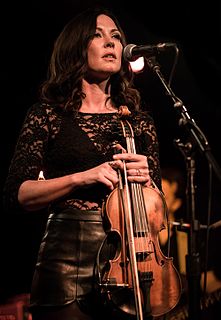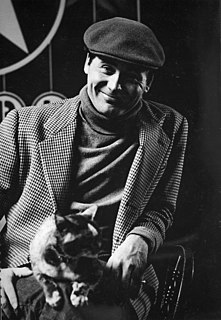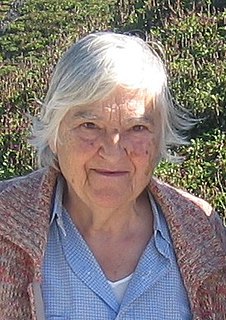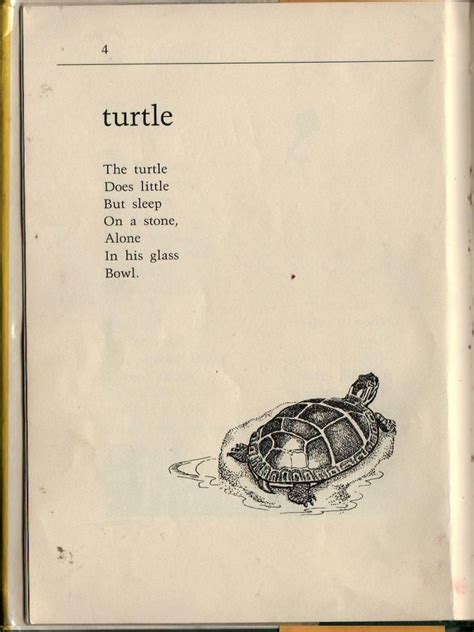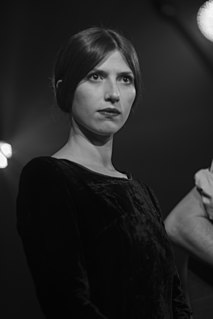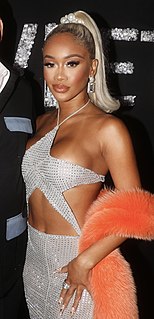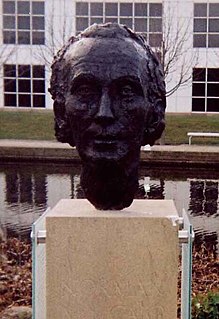Top 1200 Writing Poetry Quotes & Sayings
Explore popular Writing Poetry quotes.
Last updated on April 14, 2025.
I'm not against sentimentality. I think you need it. I mean, I don't think you get a true picture of people without it in writing... It's a kind of poetry, it's an emotional poetry, and, to bring it back to the literary scene, I don't think anything is true that doesn't have it, that doesn't have poetry in it.
Imagism was a reductio ad absurdum of one or two tendencies of romanticism, such a beautifully and finally absurd one that it is hard to believe it existed as anything but a logical construction; and what imagist found it possible to go on writing imagist poetry? A number of poets have stopped writing entirely; others, like recurring decimals, repeat the novelties they commeced with, each time less valuably than before. And there are surrealist poetry, and political poetry, and all the othe refuges of the indigent.
This is going to sound nuts but it took me forever to figure out why I'd stopped writing poetry - I mean, I went about a decade where I wrote very little poetry and I thought it was because I was doing a weekly blog. And then when we moved, I reconfigured my writing desk. The previous one had had very little space to write by hand. And suddenly, the poetry was gushing!
I liked to write from the time I was about 12 or 13. I loved to read. And since I only spoke to my brother, I would write down my thoughts. And I think I wrote some of the worst poetry west of the Rockies. But by the time I was in my 20s, I found myself writing little essays and more poetry - writing at writing.
When I devoted myself to poetry - and poetry is a very serious medium - I don't think the people that knew me as an individual with that tongue-in-cheek kind of humor...well, it didn't always lend itself to my poetry. When you're writing poetry, it's like working with gold, you can't waste anything. You have to be very economical with each word you're going to select. But when you're writing fiction, you can just go on and on; you can be more playful. My editor's main task is to cut back, not ask for more.
Poetry is the most informative of all of the arts because everything comes down to poetry. No matter what it is we are describing, ultimately we use either a metaphor; or we say "that's poetry in motion." You drink a glass of wine and say, "that's poetry in a bottle." Everything is poetry, so I think we come down to emotional information. And that's what poetry conveys.
At times of crisis or distress, it's poems that people turn to. (Poetry) still has a power to speak to people's feelings, maybe in a way that fiction, because it works in a longer way, can't. There's a little bit of your brain that mourns and grieves that you're not writing poetry, but actually as long as I'm writing something, I'm happy.
I'm finding that writing poetry is strengthening my songwriting, because you're learning to make a piece of writing work on a page with nothing else. I was also finding within poetry I felt a lot more free to write about very different matters, to write about social issues or things that are going on around me.
I would not recommend poetry as a career. In the first place, it's impossible in this time and place - in this culture - to make poetry a career. The writing of poetry is one thing. It's an obsession, the scratching of a divine itch, and has nothing to do with money. You can, however, make a career out of being a poet by teaching, traveling around, and giving lectures. It's a thin living at best.
In Dogen's writing, the practical instruction, philosophy and poetry are together in one voice. People hear about his poetry, go to his work, and expect to find poetry, or they hear about his philosophy and expect to find philosophy. They look just for practical instruction and find poetry and philosophy. They can't make out the complexity of his writing, become frustrated and let him go.





